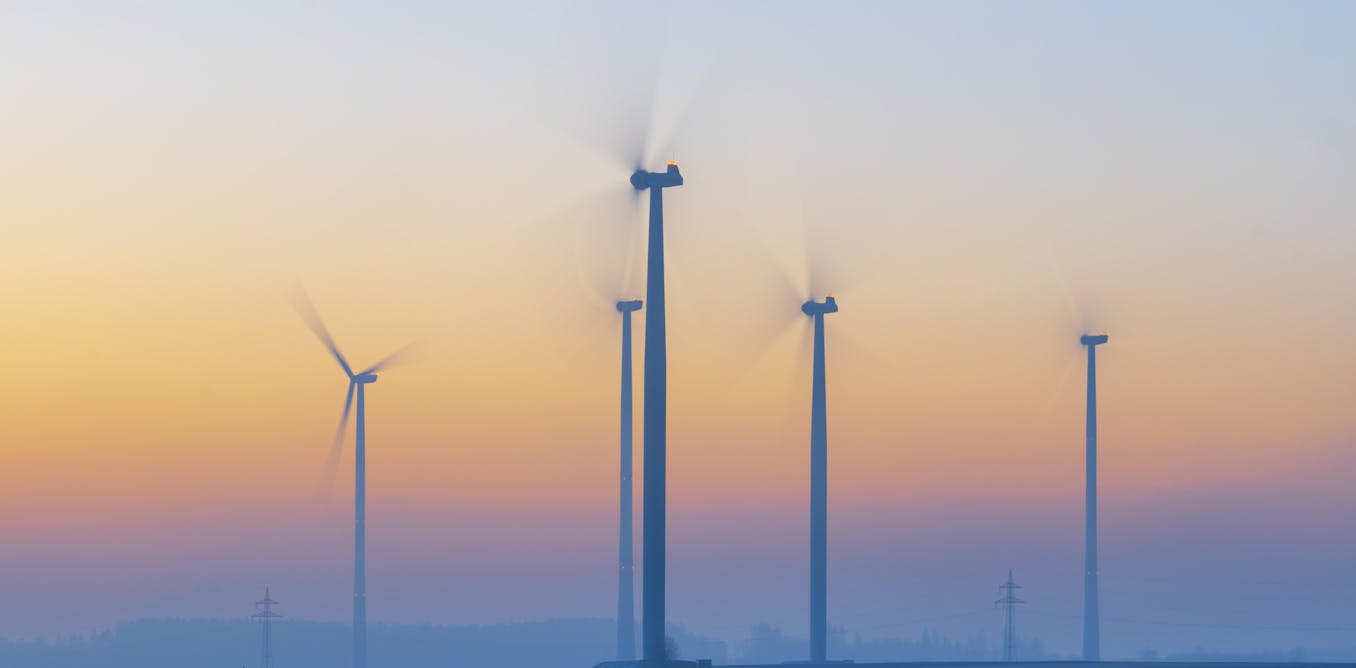New data reveal US space economy's output is shrinking – an economist explains in 3 charts
With commercial space tourism on the rise and NASA planning to return to the Moon, you might think the US space economy is booming – but the data paints a more complex picture.
Aug. 16, 2023 • ~8 min







